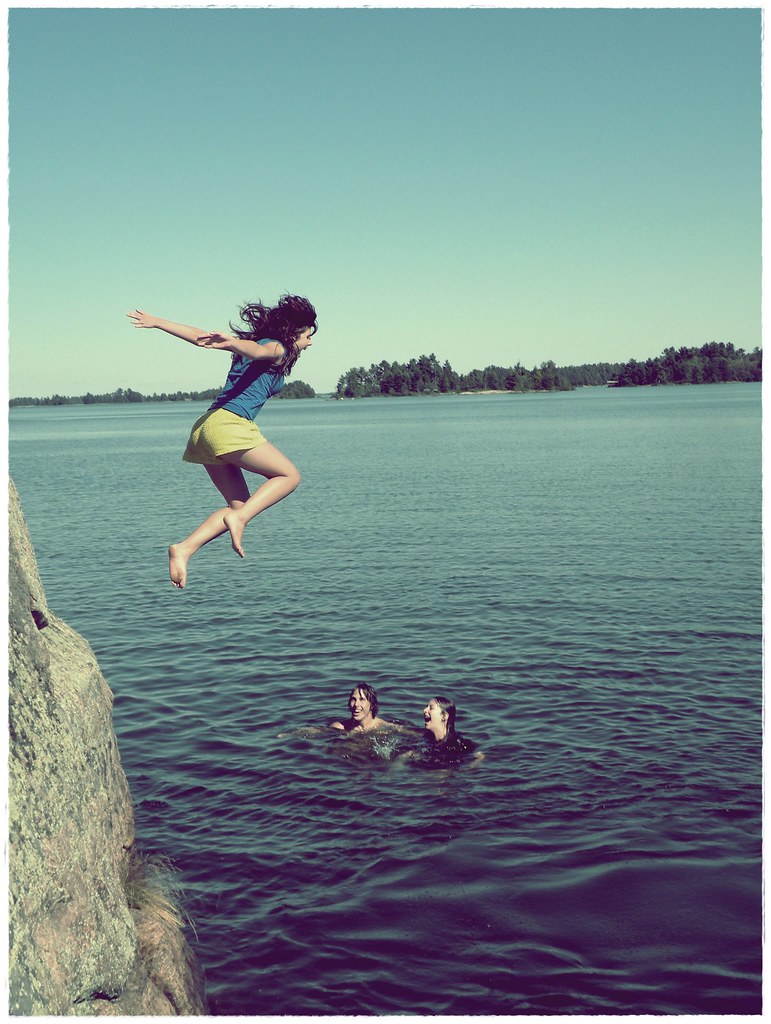How to write those first few words
Over on Tumblr, I got this question:
Hi Miss Lo (I apologize if you're married), I saw you post about the sticky, icky middle of a story, and I was wondering if you had any advice on the first chapter of a story. I've loved writing short stories all of my so far short life, but I recently decided to start what I hope will become a book. I have my characters and plot, I just don't know how to write those first few words. Thank you if have any advice, if not, thank you for taking your time to read this. :) -Abbi
Hi Abbi,
(Technically I’m not married, I’m domestically partnered, but regardless, if anyone wishes to address me with a title, they can call me Ms. [Note: This is not necessary, though I appreciate the honor! Unless I become a queen, in which case you can call me Your Majesty, I’m fine with just being “Malinda.”] Have you ever noticed that “Mr.” does not reveal whether a man is married or not? Interesting that “Miss” and “Mrs.” do focus on marital status, isn’t it? Whereas “Ms.” doesn’t.)
(Sorry for the digression!)
What a good question! Starting to write a book is really exciting and also nerve-wracking because, you know, starting to write a BOOK. So many pages to fill! I think it’s normal to be a little flummoxed at the beginning. I personally don’t like to begin until I have an idea of what I want the first sentence to sound like.
Note: This does not mean the first sentence will still sound like this at the end of entire writing-and-revising process. But I do like to think about it for a while. By “think about it,” I literally mean sitting there, thinking. It can appear that I’m doing nothing at all, but in my head I’m trying out various sentences.
Every sentence has a particular effect, so it might be helpful to think about what sort of effect you want to create with the beginning of your book. Do you want it to be shocking? Inviting? Mysterious? If you have an idea of what kind of feeling you want to evoke, then you can think about how you might write it.
For example, I wanted the first sentence of my novel Adaptation to be shocking. I wanted it to jump out at the reader and make them go, “What?!” (Basically, I wanted readers to experience this throughout all of the book, so I started with that feeling.) That’s why Adaptation starts like this:
“The birds plummeted to the tarmac, wings loose and limp. They struck the ground with such force that their bodies smashed into dark slicks on the concrete.”
In my short story “One True Love,” I wanted to start with something ominous and prophetic, because the story is about a prophecy that is, well, ominous. That’s why it begins with this:
“It is never lucky for a child to kill her mother in the course of her own birth.”
So, I suggest thinking about the overall feeling you want the reader to experience with your book, and aim to write a beginning that taps right into that.
But also, don’t overthink it. Author Kristin Cashore just this week posted a tip on getting started:
“You’re not completely ready? As with most things in life, if you wait until you’re completely ready, you’ll never start. Get a new definition for ‘ready.’ Just as courage often involves being scared to death, readiness often involves accepting that you don’t really know what’s going to happen.”
I think it’s sort of fun that you don’t know everything about what’s going to happen. You get to discover it along the way. Of course, you won’t discover it until you start, so after you’ve given it a bit of thought, I recommend you take a deep breath and jump —
